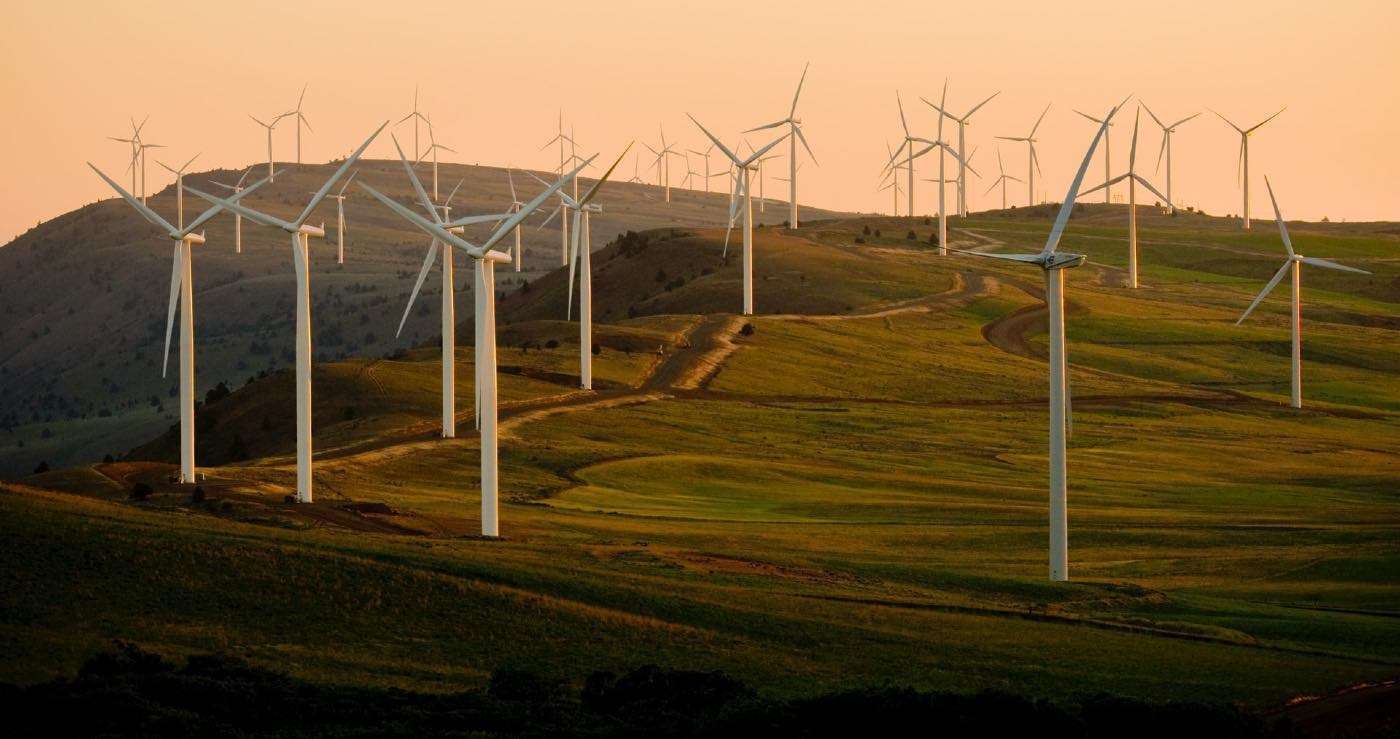World's 3rd-Largest Grocery Chain Eliminates 20 Million Single-Use Plastic Wrappings From Christmas Goodies
UK grocer Tesco has eliminated 20 million pieces of single use plastic packaging in its Christmas line of products.

A new report from the International Energy Agency (IEA) published on Tuesday says almost 90% of new electricity generation in 2020 will be renewable, with just 10% powered by gas and coal—unbelievable growth figures from major countries like India, China, and the U.S, even as their economies struggle with COVID-19.
Spurred on by long-term contracts, a slight 5% dip in global energy demand, priority access to power grids, and continuous installation of new renewable power plants, worldwide growth in renewable energy will reach 7% by the end of 2020.
To say that the period from January to October of 2020 has been economically uncertain would be an understatement, but that hasn't stopped an evidently unhaltable stream of investment going into of renewable energy installation the world over.
This period has seen a 15% increase in auctioned-off renewable energy when measured against the same period last year, and compared with 2019, the 2020 average share price of publicly traded solar power companies has more than doubled.
Other measures of increase are a healthy 4% growth in new installations of renewable infrastructure and plants, amounting to around 200 gigawatts in the U.S. and China, with a 30% jump in the production from wind and PV solar power sources.
The forecasts for 2021 are even sunnier. India and the EU will lead a big drive that will, according to estimates from the IEA, result in a record setting 10% expansion in renewables by the end of 2021.
"Supply chain disruptions and construction delays slowed the progress of renewable energy projects in the first six months of 2020," reads the IEA report. "However, construction of plants and manufacturing activity ramped up again quickly, and logistical challenges have been mostly resolved with the easing of cross-border restrictions since mid-May."
"Despite the challenges emerging from the Covid crisis, the fundamentals of renewable energy expansion have not changed."
Already the cheapest forms of new energy installations around, PV solar panels and wind farms, generate the cheapest costs of electricity in history, something South Australia got to enjoy last month.
"Total installed wind and solar PV capacity is on course to surpass natural gas in 2023 and coal in 2024. Solar PV alone accounts for 60% of all renewable capacity additions through 2025," the IEA predicts.
By 2025, coal could seem relatively pointless, as not only is renewable energy the cheapest in history, but it will be on track to supply the majority of the world.
Furthermore, reductions in costs are projected to triple the market investment into renewables to over 15% during the same period. This is spearheaded by investment companies like BlackRock, whose CEO Larry Fink, responsible for managing trillions of dollars in private capital, guides investment decisions now principally on companies' capacity for climate-conscious strategies.
There's virtually nowhere a person can look and not see incredible prospects for renewable energy taking over the global energy market in the next decade. These fundamentals, if proven true, are staggering, and represent outcomes that climate change activists could only dream of eight or ten years ago.
SHARE the Great Green News With Friends on Social Media…
Be the first to comment